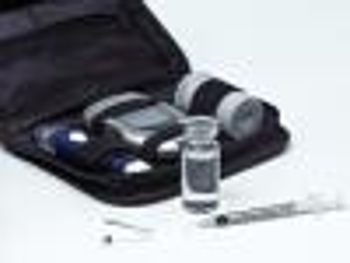
Finding treatments that deliver better glycemic control is critical.

Finding treatments that deliver better glycemic control is critical.

Contrary to the findings of a previous study, patients with atrial fibrillation who are admitted to the hospital on the weekend face no greater risks than those admitted on a weekday.
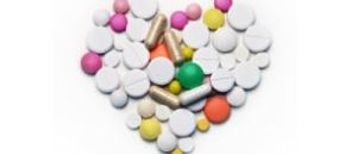
Cardiac experts and public policy makers have growing concerns about heart failure, which is increasing in prevalence and costing billions of dollars a year.

Drug similarities increase the chance of a medication error.

Complementary and alternative medicine use isn't uncommon among seniors, but it can predispose them to polypharmacy.

With OTC remedies for colds crowding self-help shelves, experts are divided on the merits of single-symptom treatment over multi-symptom therapy.

Pharmacy testing could reduce the number of undiagnosed HIV patients and new infections.

Did you know that the 14% of undiagnosed HIV patients cause 33% of new infections?

Patients with concomitant atrial fibrillation (AF) and heart failure (HF) face worse symptoms, poorer prognoses, and different treatment responses than those with either condition alone.

Patients with heart failure (HF) are predisposed to falls for a variety of reasons.

While flu vaccine effectiveness is traditionally measured across medically attended influenza patients, health care professionals can benefit from learning how the vaccine works in patients who don't seek treatment.

Guidelines include risk classification system to remind caregivers to examine diabetics' feet.

Dual antiplatelet therapy (DAPT) with aspirin and another antiplatelet agent such as clopidogrel, prasugrel, or ticagrelor is the go-to preventive therapy for patients who have experienced certain cardiovascular events.
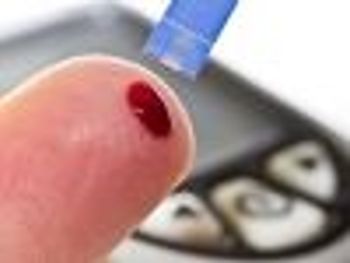
Around 11% of patients who use insulin have adverse drug reactions.

Inpatient hospitalization and emergency department visits are key cost drivers for patients.
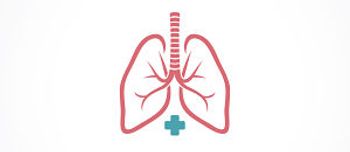
Asthma and chronic obstructive pulmonary disease (COPD) occur together at an alarming rate.

Why are anticoagulated atrial fibrillation patients at higher risk of developing dementia?
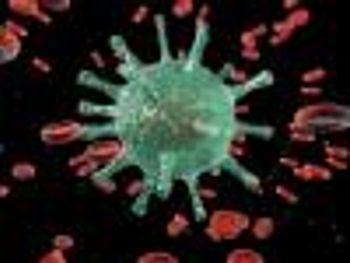
Pharmacist intervention greatly improves treatment adherence.

The treatment mantra for human immunodeficiency virus (HIV) is almost-perfect lifelong adherence to antiretroviral therapy (ART).

Up to 60% of patients with gastroesophageal reflux disease (GERD) continue to have symptoms despite proton-pump inhibitor (PPI) therapy.

Although respiratory sleep disorders occur in up to half of all congestive heart failure (CHF) cases, they remain underdiagnosed in CHF.

Obesity has more than doubled in prevalence in the United States since the 1970s.

Thanks to the introduction of antiretroviral therapy (ART), HIV-infected individuals are living longer than ever before, with average life expectancy growing from a relatively young 56 years in 2002 to 71 today.

Every pharmacist encounters patients with whom they have trouble connecting.

Clinicians would like to have better information about treatment options for bipolar depression, but clinical trials of any length are scarce.

Widespread vaccine use benefits the public by producing unprecedented good health. Vaccine-related adverse events, which can be perceived or real, can decrease vaccination rates, however.

Congestive heart failure (CHF) patients today have similar outcomes as they did 20 years ago, regardless of advancements in care.
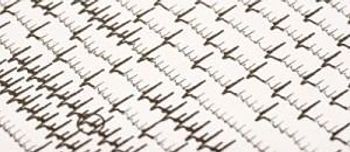
Gout patients may be at greater risk for atrial fibrillation.

Colchicine (Colcrys) is a promising adjunctive option in secondary prevention of cardiovascular events, probably because of its ability to stop or slow neutrophil reaction to intravascular cholesterol crystals.

Pharmacist intervention can reduce 30- and 60-day readmissions with accompanying cost savings.